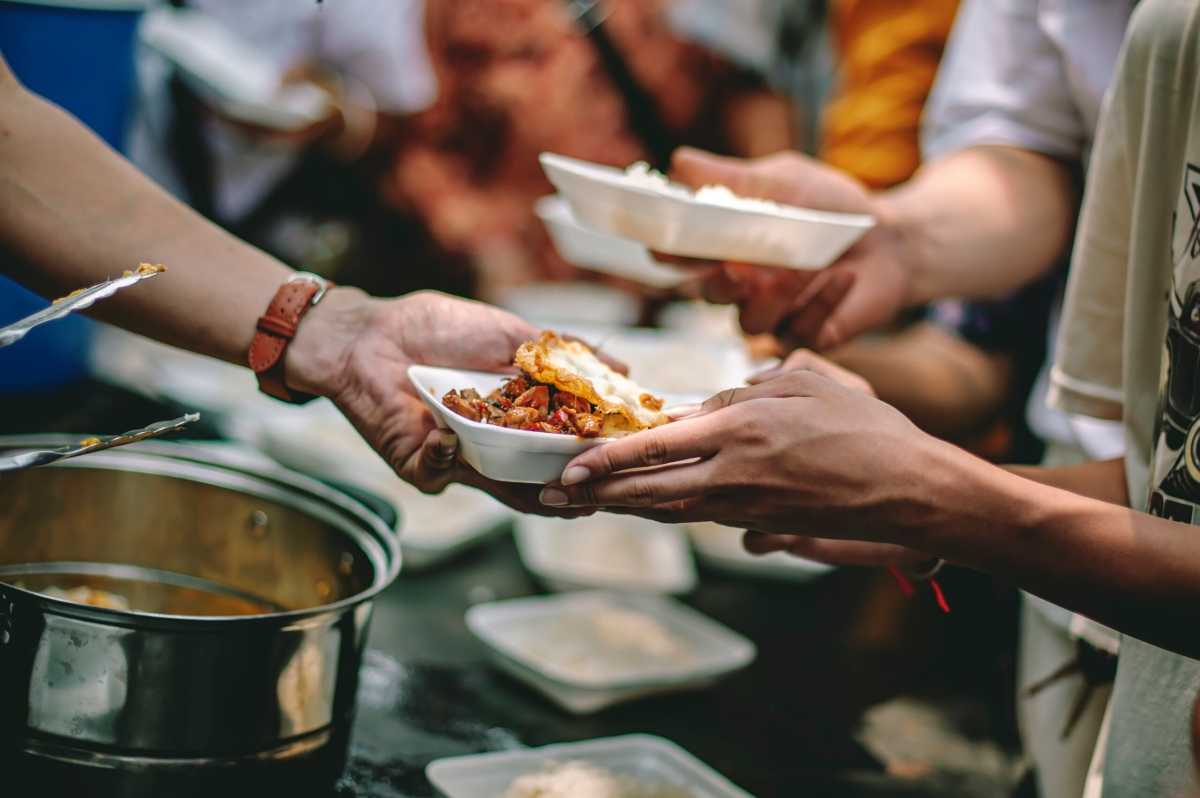There are three things that shouldn’t surprise anyone anymore:
- The causes and consequences of hunger are multifaceted. They run deep and they’re systemic.
- For individuals, food insecurity erodes every aspect of a person’s mental and physical health.
- We already know how to fix this.
And yet, we’ve seen the country’s hunger crisis deepen. Over just the past few months, frequent threats of government shutdowns have caused national tremors that leave families scared and confused, and wondering if their reliable food supply will be cut off. When will the partisan-fueled earthquake strike?
For a few years, we were making progress. In March 2020, Congress established an emergency program to provide supplemental SNAP benefits to help keep qualified individuals and families fed during the COVID-19 pandemic. They dramatically expanded many safety nets, providing relief in the form of tax credits, emergency rental assistance, and supplemental unemployment benefits.
It worked. Health outcomes improved during 2021 and 2022. For a time, we managed to avoid mass starvation, and, however short-lived, saw hunger rates dip.
This wasn’t a fever dream, folks. We saw sustained government investment and public policy do what they’re supposed to: help.
But then last year, Congress let crucial supplemental benefits expire. With food prices rising and benefits slashed, millions of Americans are facing a greater struggle to feed their families. And every government shutdown threat exacerbates that struggle.
In a recent study, Penn Medicine researchers found that, with the discontinuation of pandemic-era supplemental food assistance programs, more than 2 million additional Americans are facing food insufficiency, which is more severe than food insecurity. While food insecurity refers to a lack of access to enough healthy food, food insufficiency refers to individuals or families potentially lacking enough food to eat at all.
The study points to one course of action with proven results: “Increasing SNAP benefit sizes should be considered to reduce food insecurity and improve health.”
According to Pew Research Center, as of April 2023 there were nearly 42 million people, or about 12.5% of the U.S. population, that received SNAP benefits. During the COVID-19 pandemic, when economic uncertainty was rampant, pandemic-specific benefits gave individuals and families on SNAP extra support to help them stave off food insufficiency.
Pandemic-era SNAP benefits kept more than 4 million people out of poverty, reduced overall poverty in states that participated in the program by more than 9.5%, and reduced child poverty in those states by 14%. But SNAP is more than just an effective and efficient safety net; it is also a powerful economic driver. A USDA study found that during a slow economy, such as during the pandemic, every $1 spent on new SNAP benefits results in $1.54 in increased GDP, a 54% return on investment.
We know SNAP works: to reduce hunger and to bolster our economy. But it does not work if the government shuts down and millions of Americans are cut off from the benefits they rely on.
In a government shutdown, our military is not left wondering how they will afford their operations abroad, so why are we left wondering how we will afford to fight the war on hunger at home?
We all know the consequences of letting these benefits lapse: poverty rises, hunger remains a crisis, and we leave families and the organizations that support them—such as Share Food Program, the hunger nonprofit that I run—scrambling to open windows for every door getting locked shut. In a nation as rich as ours, we’ve got to ask why so much of our food system continues to rely on food banks.
There’s no one solution to solve all hunger on its own, but SNAP works. Research shows us that SNAP reduces poverty for millions of Americans, leaving them fed and with improved health outcomes.
Amid the persistent political wrestling, leaders in Congress must find a way to invest in proven, long-term solutions, and like other necessary government functions, insulate them from the impacts of government shutdown.
In the battle against food insecurity, we shouldn’t just fight to avoid losing. We should fight to win. In this case, winning means everyone has enough to eat, always.
George Matysik is executive director of the Philadelphia-based Share Food Program, one of the largest independent food banks in the United States.





























